News

Can We Have Our AI Cake and Eat It Too?
GW’s Susan Ariel Aaronson addresses what policy makers and industry should be doing to ensure humanity benefits from AI, while mitigating its risks.
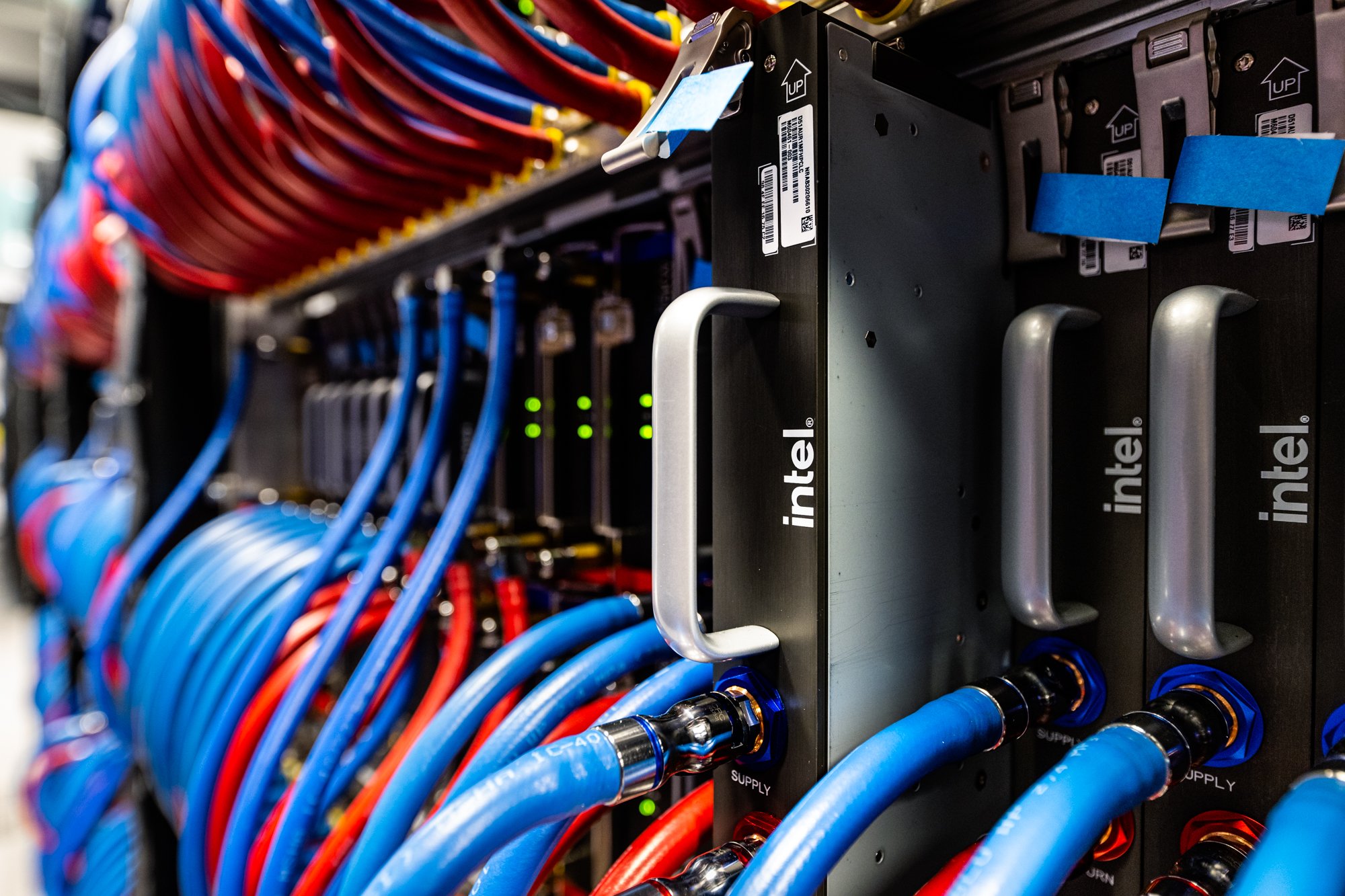
UMD Team Wins DOE Award to Advance AI Using Supercomputers
UMD’s Tom Goldstein has won a competitive DOE award that will provide him access to some of the world’s most powerful computational platforms. His team will utilize these platforms to scale distributed AI training and develop new AI vision and language models.
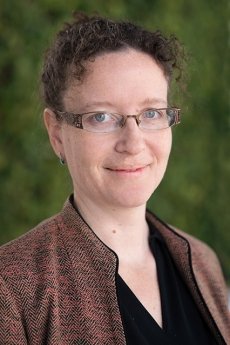
Szajnfarber Named Next Chief Scientist of the Systems Engineering Research Center
GW’s Zoe Szajnfarber will lead the SERC Research Council, which is composed of senior systems researchers across the country who inform and drive research and technical strategy.
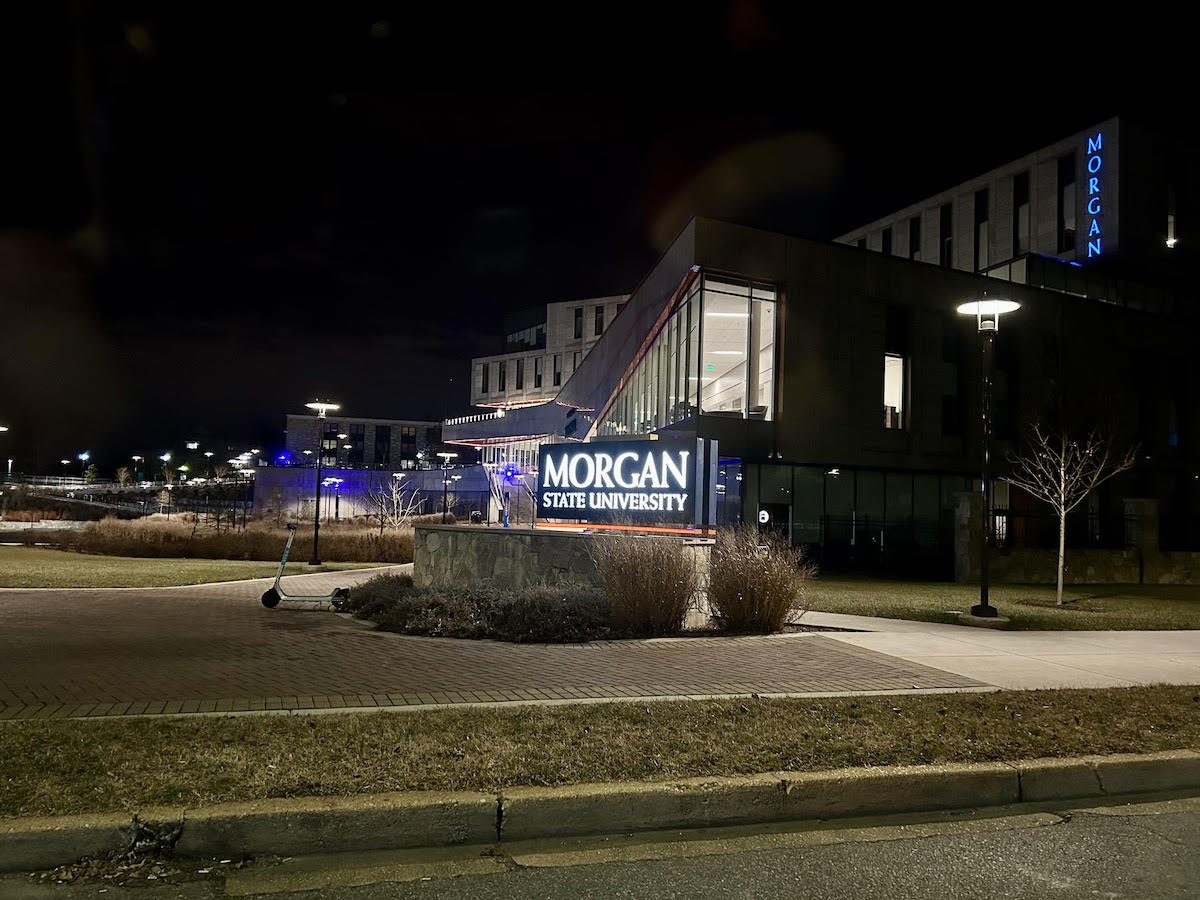
Why This Morgan State Researcher Advises Students to Think of AI as a Teammate, Not an Enemy
Morgan State’s Naja Mack will lead a summertime AI research institute at the university’s Center for Equitable AI and Machine Learning Systems. The program will take students from any major and teach them how to code.

Why AI and Data Might Not Belong In Trade Deals
GW’s Susan Ariel Aaronson was featured in the Financial Times for her perspective on the role of AI and big data in trade policy.
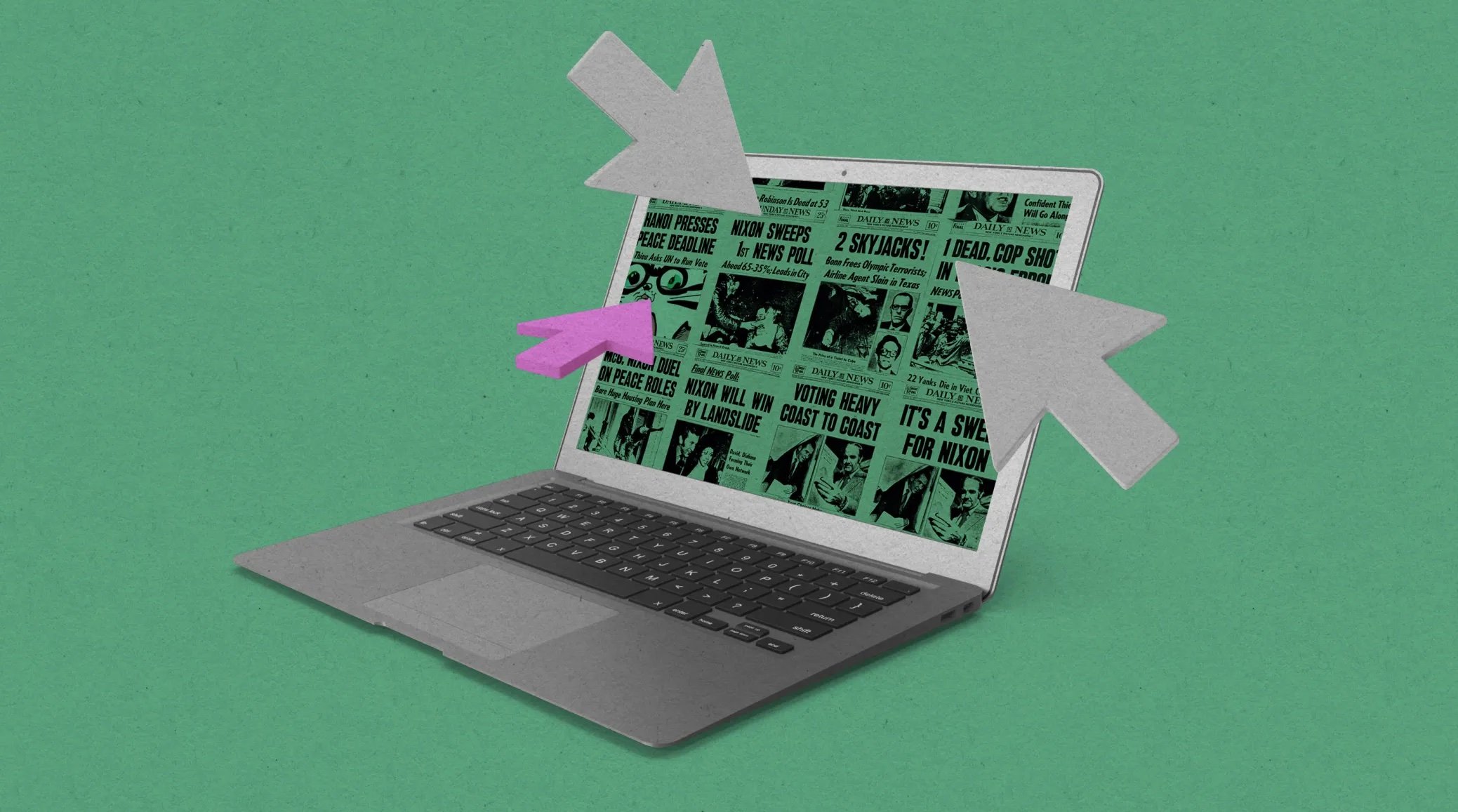
The Inside Scoop on Watermarking and Content Authentication
UMD’s Soheil Feizi weighs in on the unreliability of existing watermarking technologies in MIT Technology Review.

Does Banning Extremists Online Work? It Depends.
GW’s Rebekah Tromble tells Vox that the broad reach of far-right extremist groups, such as QAnon, Oath Keepers and the Proud Boys, has diminished since they banned from mainstream social media apps.

Israel-Hamas War Misinformation on Social Media is Harder to Track, Researchers Say
GW’s Rebekah Tromble tells NBC News that a pullback in content moderation on social media has helped propaganda about the Israel-Hamas conflict spread.
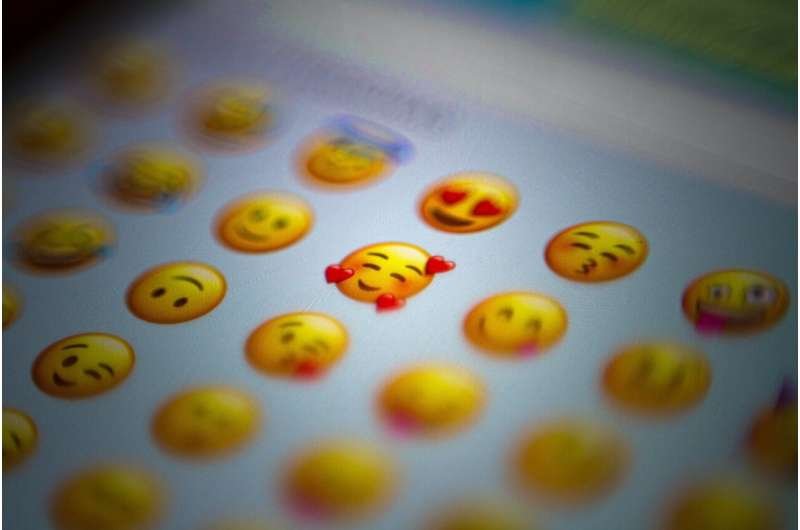
Tracking Emotions on Social Media to Predict Which Posts Go Viral
UMD’s Cody Buntain is the co-author of a study that strives to understand the emotion theories that play into social media sharing.
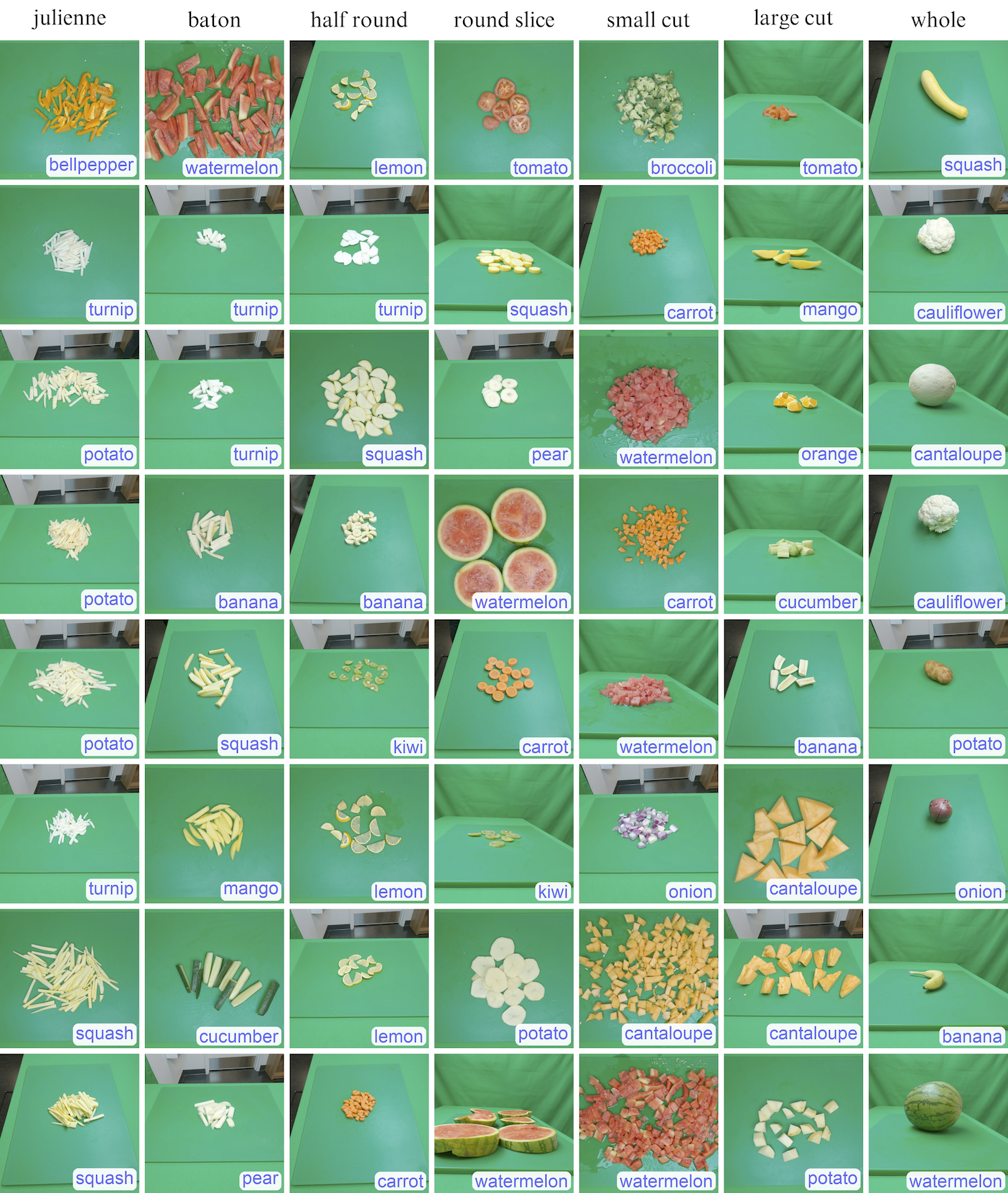
Chop & Learn: Teaching Computers to Recognize Food in All Forms
UMD’s Abhinav Shrivastava is teaching AI systems how to recognize objects as they transform into different shapes, such as fruits being sliced.

Researchers Tested AI Watermarks—and Broke All of Them
UMD’s Soheil Feizi and Tom Goldstein are publishing studies detailing how easy it is to evade current methods of watermarking—and even add fake watermarks to real images.

Grant Funds Bilingual Capabilities of Health Chatbot for Moms of Babies
UMD’s Jordan Boyd-Graber is helping to develop a chatbot in that will help new moms answer questions—in both English and Spanish—related to infant and maternal health, pulling information from reputable online sources like the CDC.
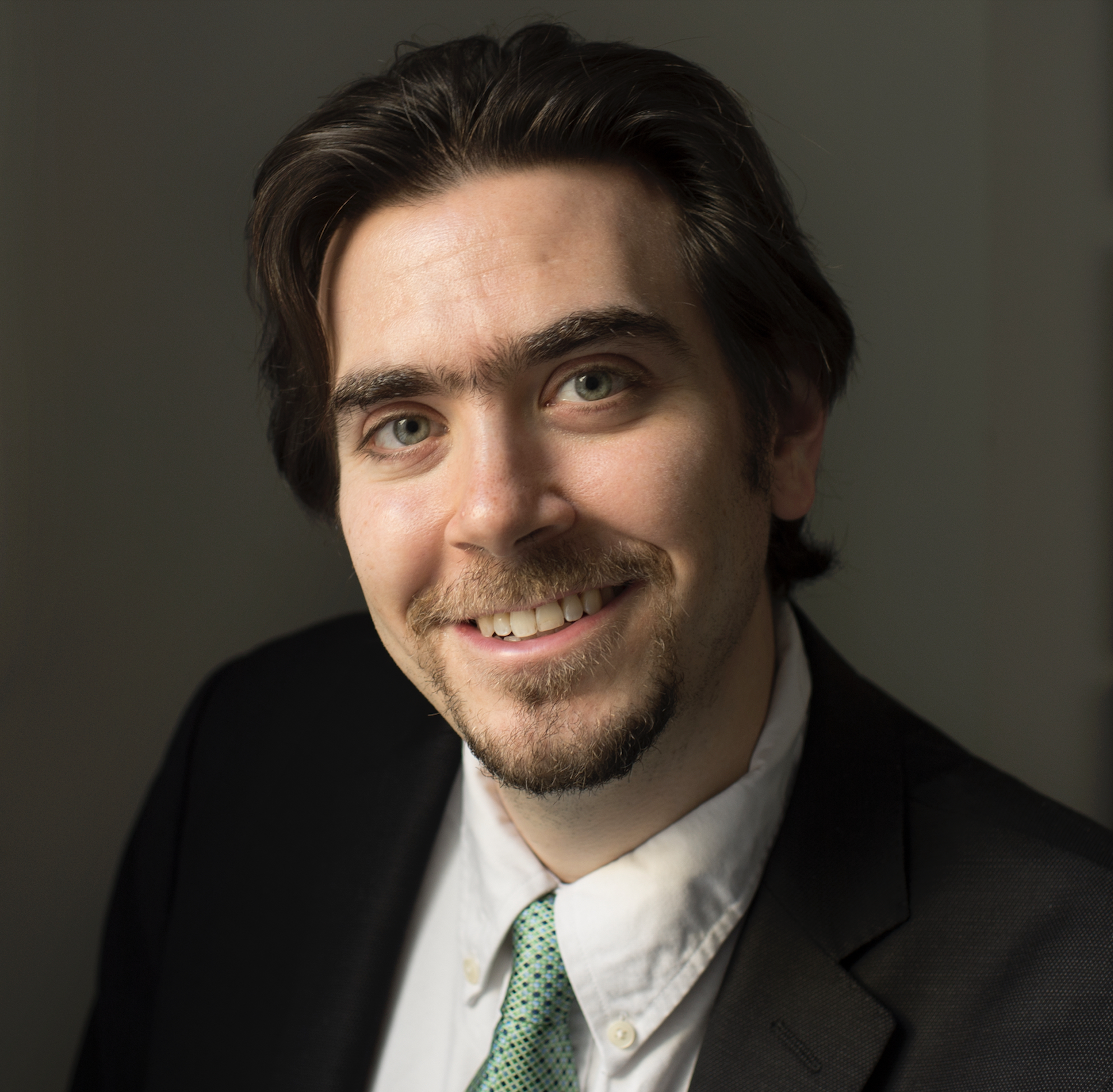
Fact Checkers Take Stock of Their Efforts: ‘It’s Not Getting Better’
GW’s David Broniatowski is featured in a New York Times article that addresses the difficulties organizations that aim to combat online misinformation face.

New Research Reveals Weakness In Facebook’s Fake News Policies
A study led by GW’s David Broniatowski and Lorien Abroms found that that Facebook failed to stop the spread of misinformation on COVID-19 because their efforts were "undermined" by the core design features of the platform itself.

Behavioral Sciences Technology Expert Pablo Paredes Joins UMIACS
UMD’s Pablo Paredes Castro studies the relationship between technology and health, and how digital and physical tools can sustain and improve our well-being.

Study Finds the Design of Facebook Allowed Covid-19 Vaccine Misinformation to Spread Despite Removals
Research led by GW’s David Broniatowski found that even if Facebook removed troublesome content in one place, users could find it easily elsewhere on the platform. He hopes his group’s research will help platforms develop new approaches to deal with misinformation.

Researcher Heading New $20M NSF-Backed Institute Says Systems Should Support Societal Good
UMD’s Hal Daume discusses the current state of AI and the role that TRAILS will play moving forward.
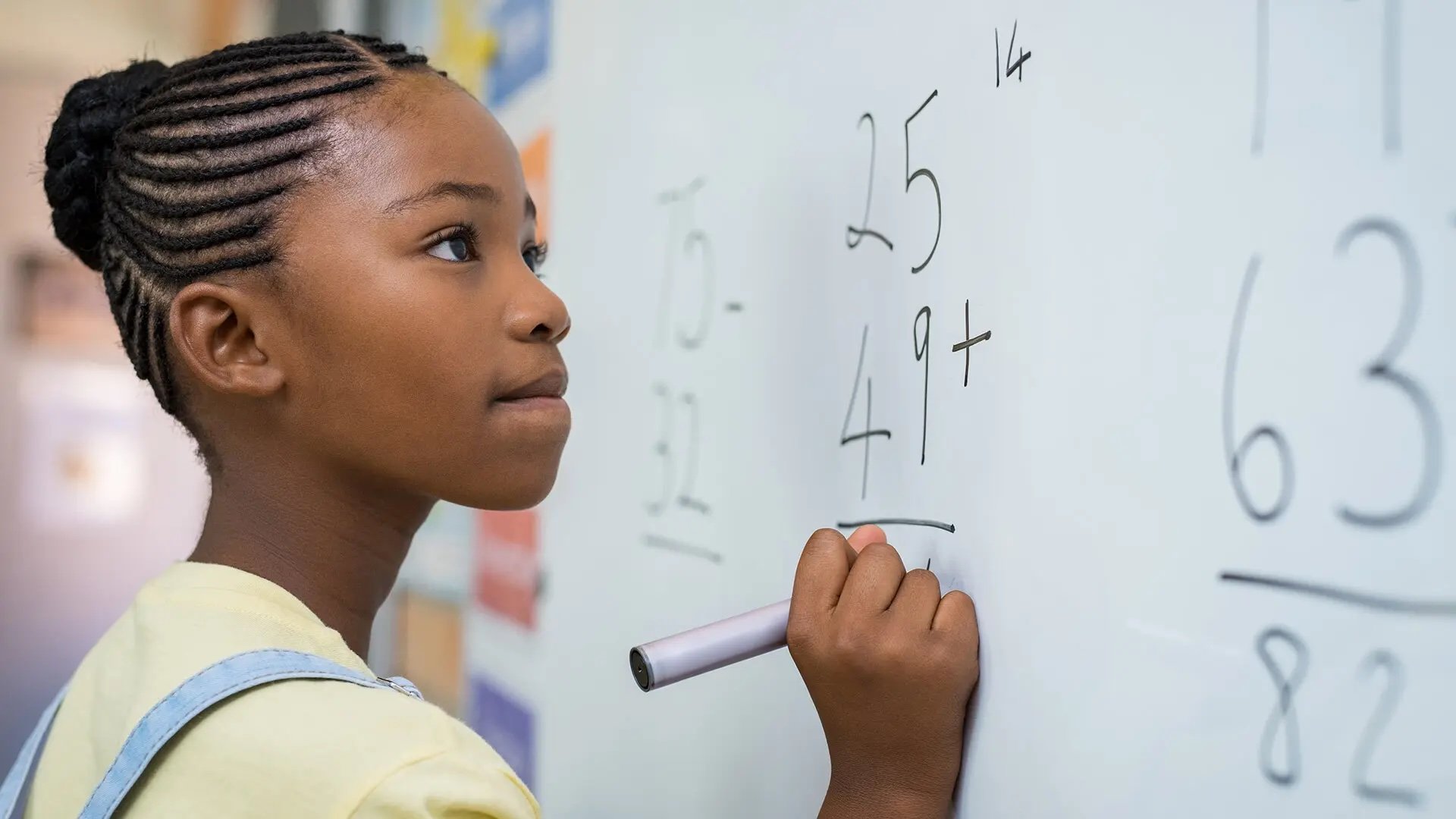
$1.5M NSF Grant to Boost Middle School Math Learning With AI
UMD's Jing Liu and Wei Ai are part of a multi-institutional team funded by a $1.5 million NSF grant that is using AI and machine learning to assess and improve the quality of middle-grade mathematics lesson plans.

Can ChatGPT Co-Author Your Study? (No, But It May Help With the Research)
GW’s John Paul Helveston and Ryan Watkins helm an online repository documenting the use of large language models in scientific research.

Digital Skills ‘Break Through’ Across Disciplines
UMD’s Kate Atchison leads the Break Through Tech Summer Guild program, designed to give students from other majors who are underrepresented a hands-on opportunity in tech.
